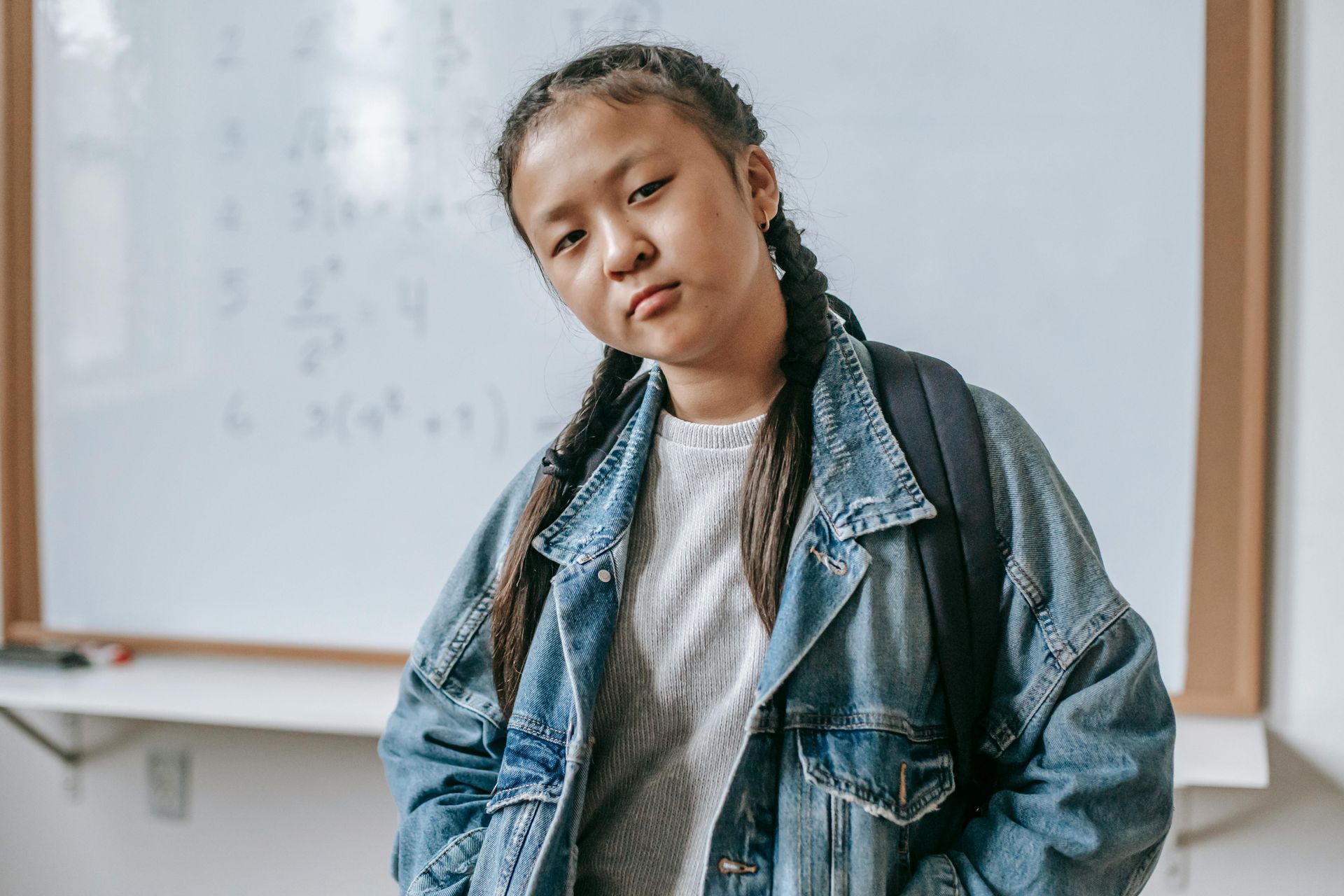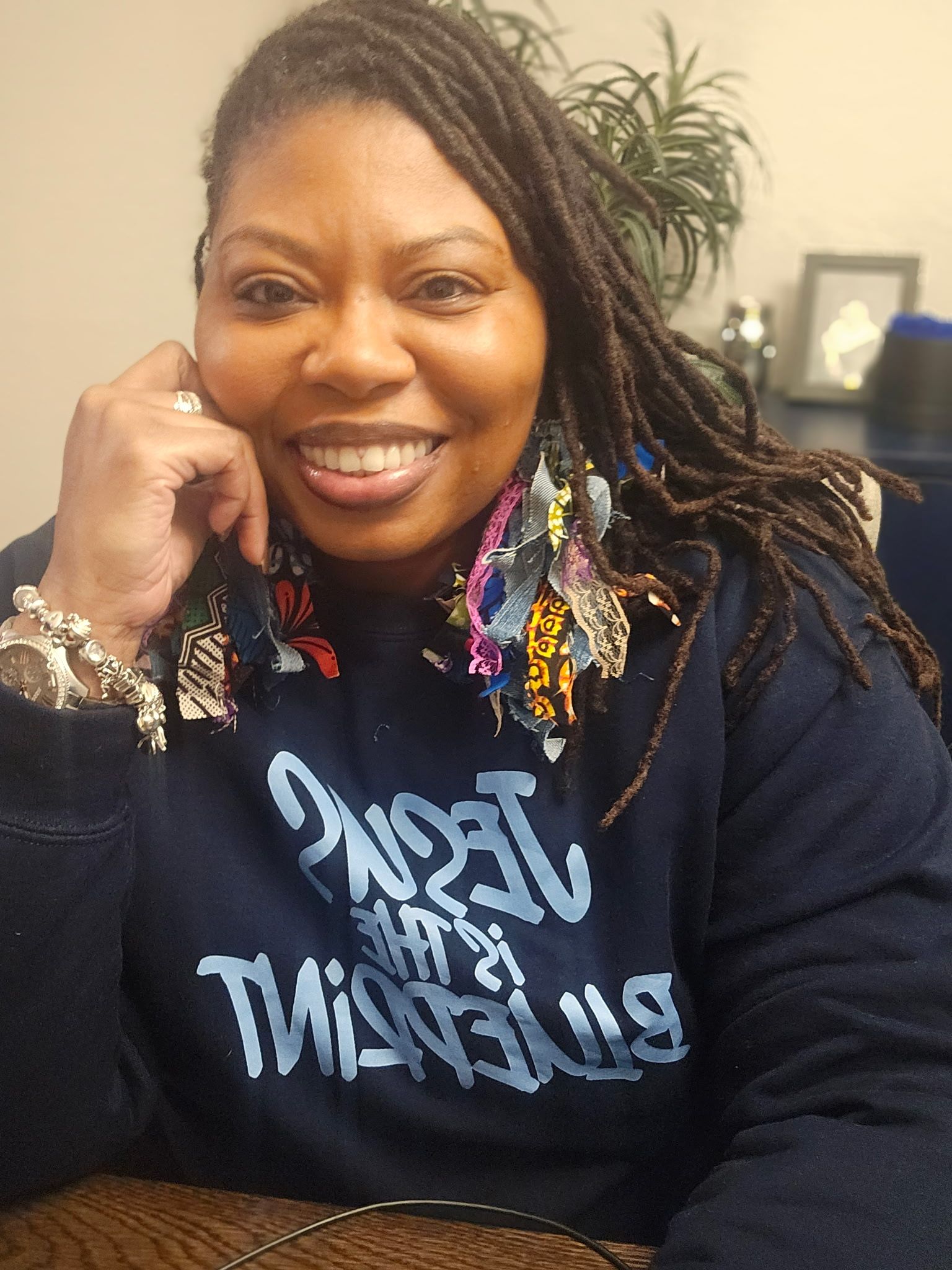December Advocate Spotlight
Alisha Ilufi

1. How long have you been an Advocate and when did you realize you wanted to become one?
I became an advocate in Spring of 2020, during the Pandemic. I knew I wanted to be an advocate when I had just moved to San Antonio and attended a health fair and spoke to a CASA recruiter about the organization. However, as a full-time teacher, I knew I would not be able to do the training and give the proper attention until I retired. I retired in the summer of 2019 and remembered CASA. I was approached by various organizations after retirement to be a volunteer, but my heart felt that I could be useful to the children of Bexar County through CASA.
2. What is the most rewarding aspect of being an Advocate?
The most rewarding aspect of being an advocate is looking for and finding needs in the child's life, and then researching ways to take action for that need. Even if I'm not always completely successful, it is knowing that I am making a difference in their life that makes advocacy worth it!
3. If you could offer some words of encouragement to your fellow and incoming Advocates, what would they be?
My word of encouragement to other advocates is to not become anxious when you find an area of need that you are unfamiliar with. Whatever situation it is, another advocate has dealt with it and CASA has training about it, or someone who can help guide you on the best way to advocate for the child/children. Besides the valuable virtual training sessions, I have found the online CASA College helpful in how to navigate finer issues on behalf of my case children. I am always open to learning more if it means I can help a child.








